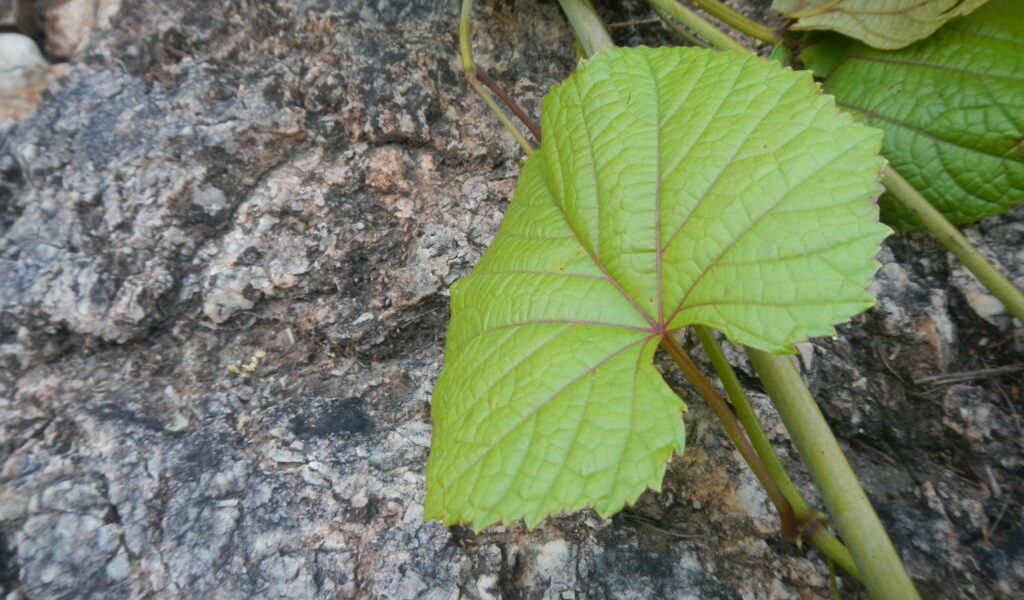
On June 5th 2019, Gujarat became the world’s launchpad for the first Emissions Trading Scehme (ETS) for particluate matter pollution, beginning with the Surat Industrial Cluster. The scheme is poised to be a game changer in curbing air pollution. In this scheme a selest group of industries in Surat will be allotted permits by GPCB for PM emissions in terms of kgs in a year. industries will use the national commodity exchange trading platform to settle their allotted emissions permit balance. This way, industries emitting lower than their annual cap can sell their trading units for a price, while industries emitting higher than the cap shall have to buy these units. this will incentivize reducing emissions for industries. the concept is in keeping with Air (Prevention and Control of Pollution) Act and is based on “Polluter pays” principle.
Firstly, the scheme will provide environment protection by placing a binding cap on total emissions. Secondly, the scheme will allow low cost reduction in emissions by providing flexibility to industries in compliance. The US and European union have successfully implemented ETS in the 80s and 90s for controlling Sulphur Dioxide and NOx Pollution. It is proven to have work.
Each industrial unit is assigned a uniform emission concentration cap of 150 mg per cubic metre. Real time emissions monitoring systems have been installed in the 350 odd industrial units registered with SUrat. Data from each unit is fed into GPCB servers on an hourly basis, which will help in monitoring whether a unit has exceeded its cap or not.
Filling environmental audits will be absolutely mandatory. It’s one of the primary requirements of ETS. ETS-PM will be divided into ‘compliance periods’ of specified duration. There will be a market oversight committee (MOC). At the end of each compliance period, GPCB will compare total pollution released by each unit to their permit holdings and even consider the audit reports. Any deviation will invite heavy penalties, including closure of the unit.
Matter Referenced:
Paul John, Times of India, Ahmedabad, Thursday, 6th June, 2019.
By: Dr. Bhawana Asnani.
Happy to see Reviews, Additions, Suggestions and Comments, further.

Leave a Reply
You must be logged in to post a comment.